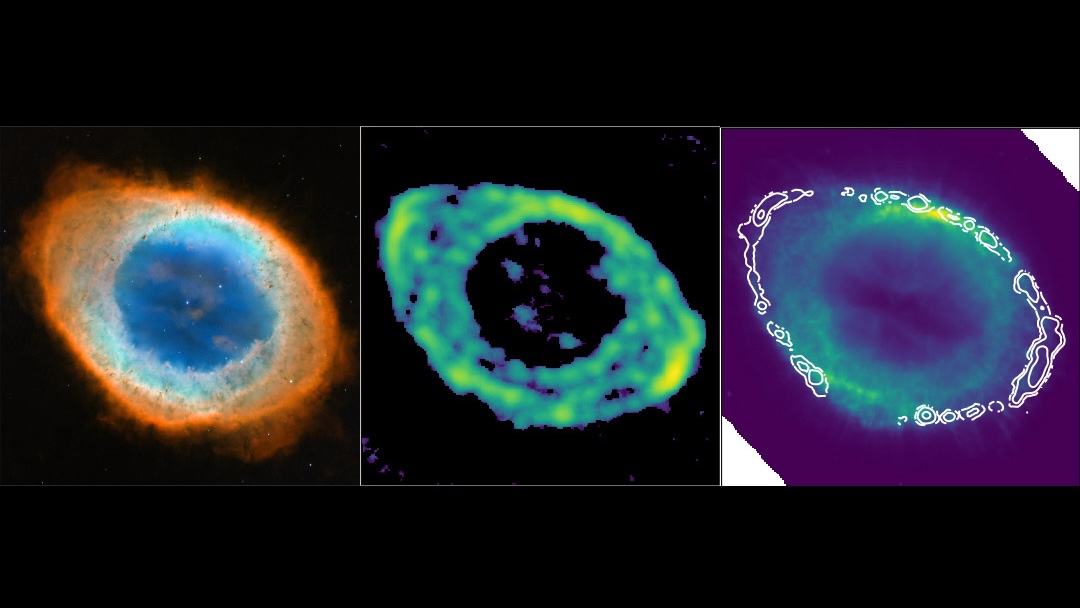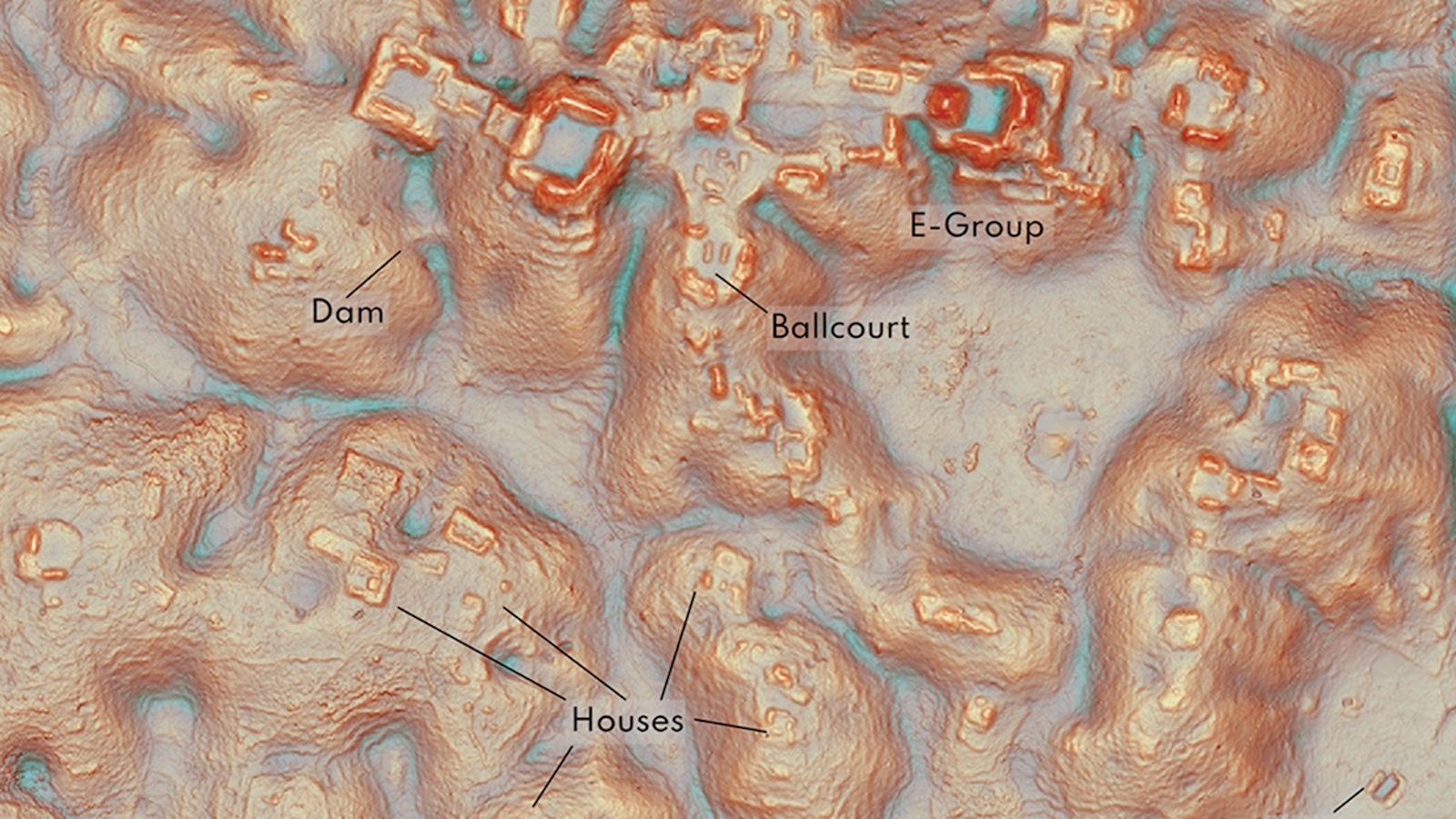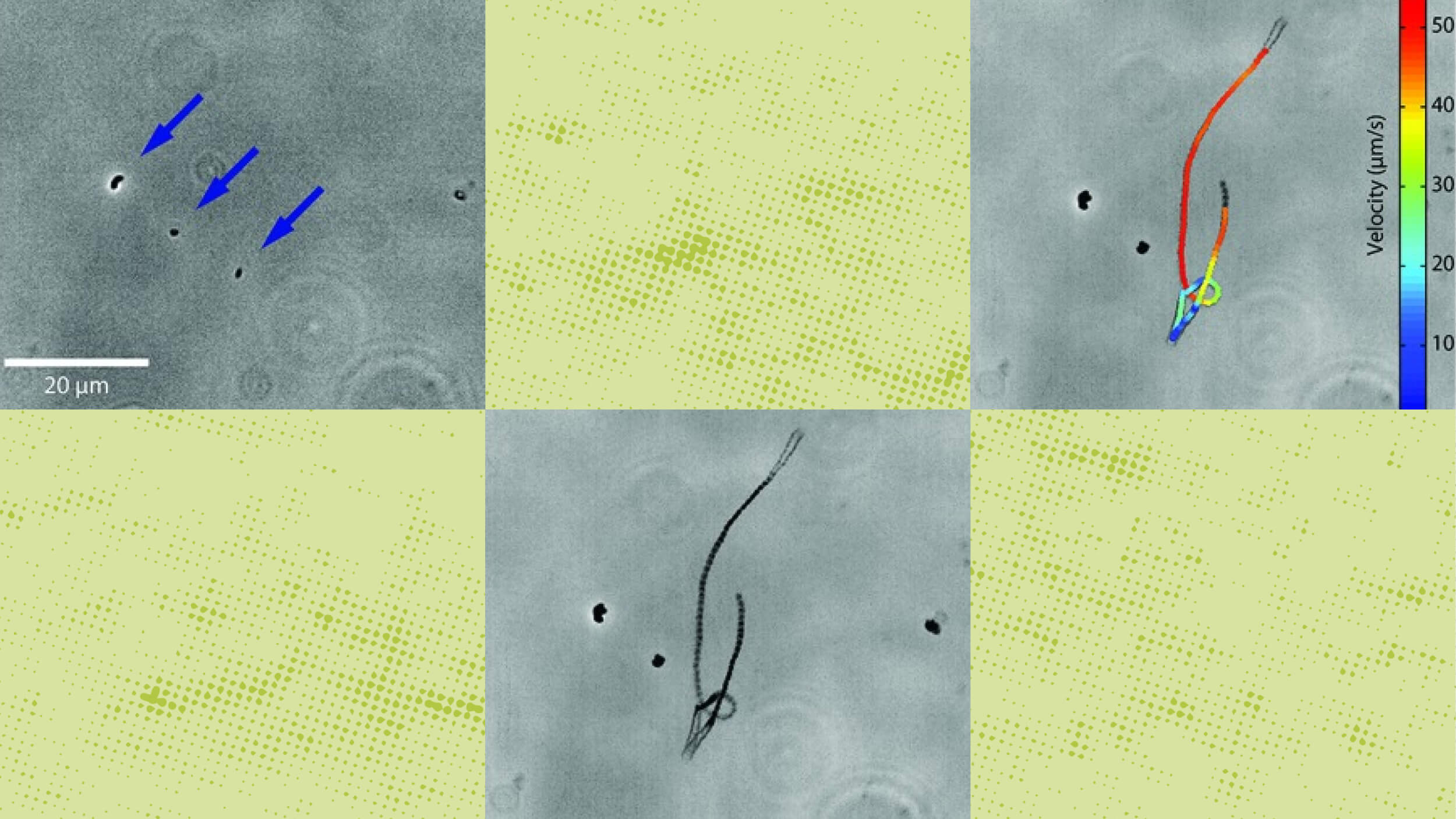Lessons from TED on the dangers of pseudoscience

Back in August I wrote a post covering a rash of reports on the worrying rise of bad science in TED talks. A couple of months later TED pulled the following TEDx talk after the neuroscientist Bradley Voytek posted a question about it to Quora: “Is Randy Powell saying anything in his 2010 TEDxCharlotte talk or is it just total nonsense?“. The top voted response was from Stanford theoretical physicist Jay Wacker and began:
It turned out the talk amounts to little more than vague science-y sounding word association:
Now TED has responded with a letter to TEDx. The letter includes three areas:
1. A short definition of bad science / pseudoscience.
2. Common warning signs of bad science and health hoaxes — above and beyond the science itself — how can you spot trouble?
3. Topics to watch out for, because in the past they have attracted bad science to TEDx events
The letter includes plenty of useful information and some great links for more information on detecting pseudo-science, the letter is based on Emily Willingham’s excellent piece for Forbes titled 10 Questions To Distinguish Real From Fake Science. TED’s letter doesn’t place quite as much emphasis on Willingham’s resounding conclusion:
“never forget to look for the money. Always, always follow the money.”
Neither does TED acknowledge that much of the criticism was directed at the real deal TED talks and publications (as opposed to TEDx events which more-or-less anyone can organise). Hopefully this is just a matter of pride and this is a genuine step away from pseudoscience for TED. Its certainly pleasing to note TED’s warning of red flag topics where bad science tends to pop up, which include the autism-vaccine link and neuroscience (the latter likely a result of recent welcome high profilepubliccriticism of bad neuroscience). Interestingly, psychology leaves unscathed which is a little surprising given the criticisms of Philip Zimbardo’s talk which sparked much of the controversy.
Sadly, TED has not addressed the common criticism that references are often nowhere to be seen when it comes to TED talks, in fact in TED’s letter the word ‘reference’ is not mentioned once, which is something of a missed opportunity. If I could make one proposal to TED it would be this: I’d love to see TED talks come with a linked reference list when distributed online. This would make the whole problem of spotting bad science a whole lot less of an ordeal. It would also serve the valuable purpose of helping TED genuinely attain its honourable core premise of sharing “ideas worth spreading”, rather than only sharing fleeting moments of adoration.





